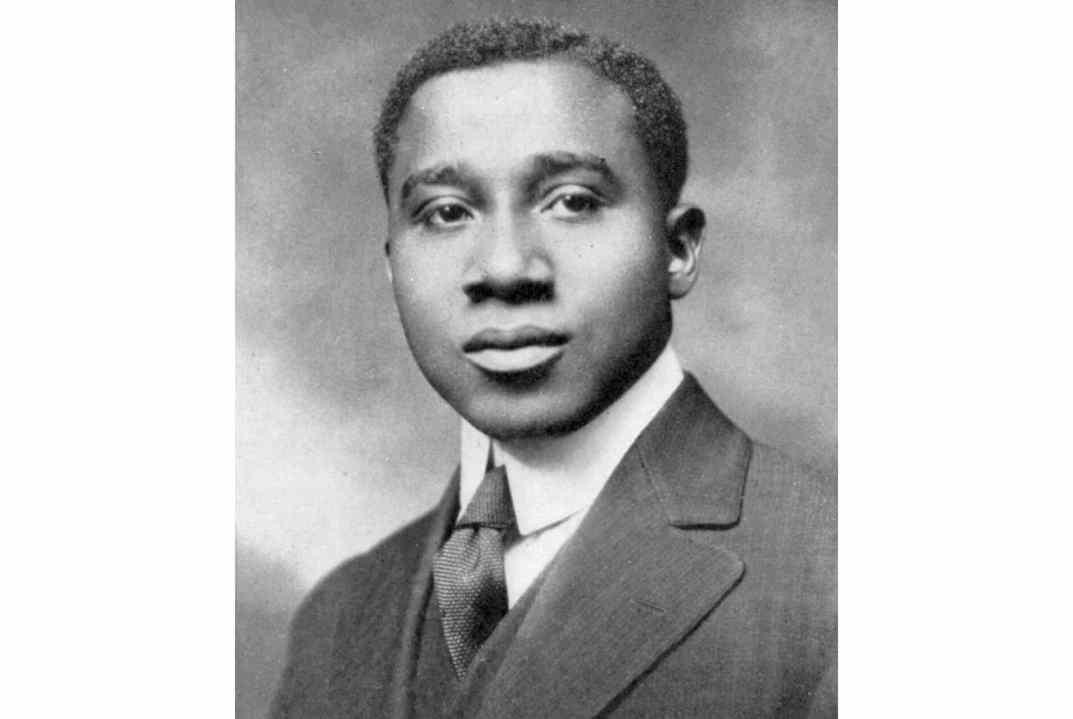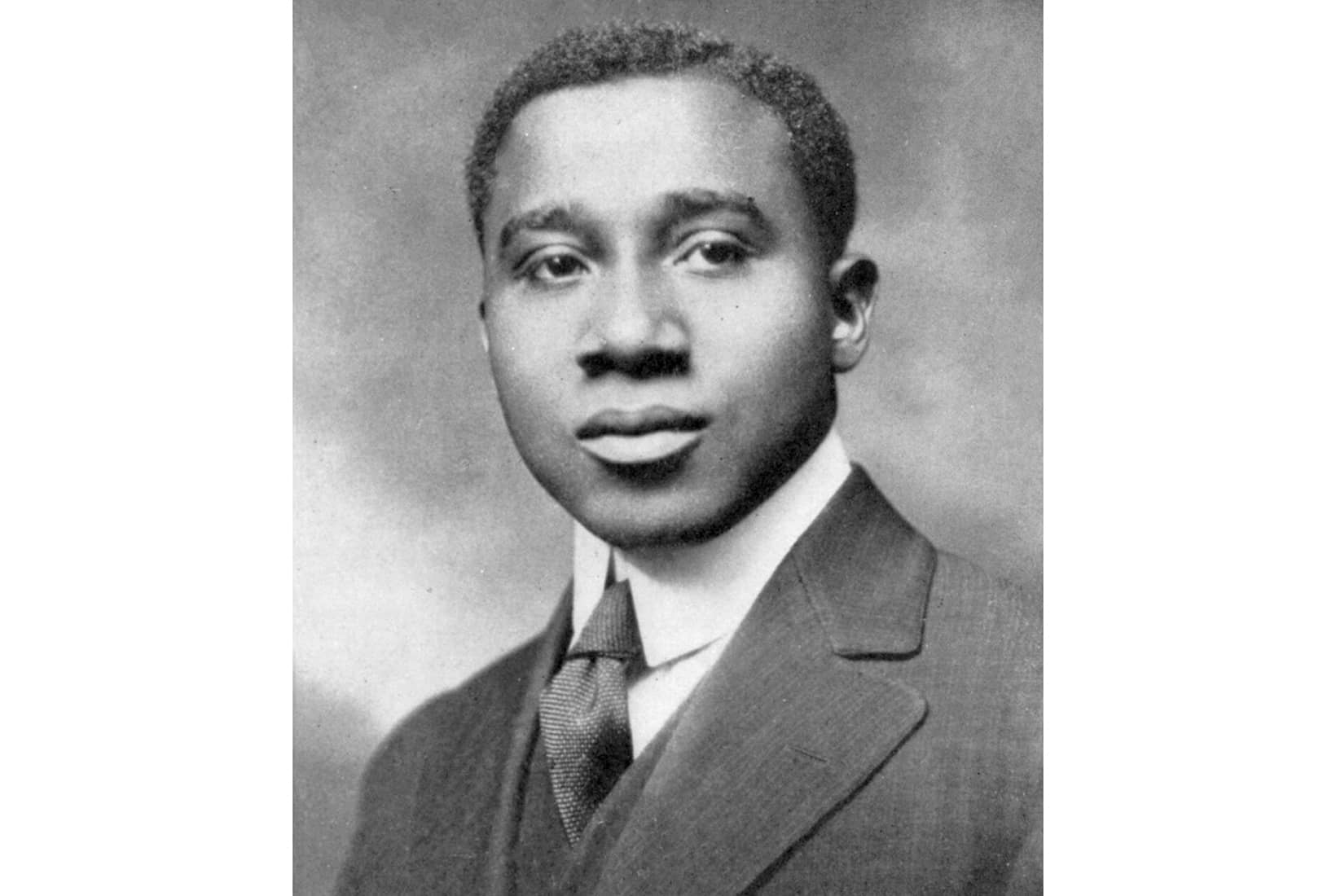It’s 2022 and classical music is, again, dead. It’d be surprising if it wasn’t. In 2014 the New Yorker published a timeline by the industry analyst Andy Doe showing the precise chronology of the decline and fall. Ageing audiences in the 21st century, the gramophone in the 20th, the dangerous new technology of the pianoforte in the 1840s: all, in their time, were considered proof that the rot was terminal. Doe traced the root of the problem back to a papal bull in 1324, giving new potency to Charles Rosen’s remark that ‘the death of classical music is perhaps its oldest continuing tradition’.
Anyway, the fatal blow this time is the Great Awokening. The symptoms are allegedly widespread in university music departments: students who can read music are being made to check their privilege, and Beethoven, if he hasn’t been cancelled as a sonic rapist, has been relegated to the status of ‘above average composer’. As described in these pages by Ian Pace a few months back, it sounds chilling. One feels pity for the scholars who’ve found themselves on the wrong end of some musicological Maoist struggle session — and a profound relief that off campus, among the non-peer-reviewed civilians who actually perform and enjoy classical music, it has practically no effect at all.
The financial realities of most UK classical promoters put revolution far outside their price range
What, none? Log off Twitter and scroll through the upcoming concert listings: there’s Vaughan Williams in Manchester, Verdi at Covent Garden and — yes —Beethoven in Birmingham. Cancellation should be made of sterner stuff. In reality, it’s difficult to overstate just how little effect academia has upon the way that British performing companies operate. Even genuinely useful work goes largely ignored: Tchaikovsky’s Rococo Variations was heavily doctored by its 19th-century publisher. Musicological research restored Tchaikovsky’s original, strikingly different version in 1956, but seven decades on, you’ll almost never hear it performed live.








Comments
Join the debate for just £1 a month
Be part of the conversation with other Spectator readers by getting your first three months for £3.
UNLOCK ACCESS Just £1 a monthAlready a subscriber? Log in